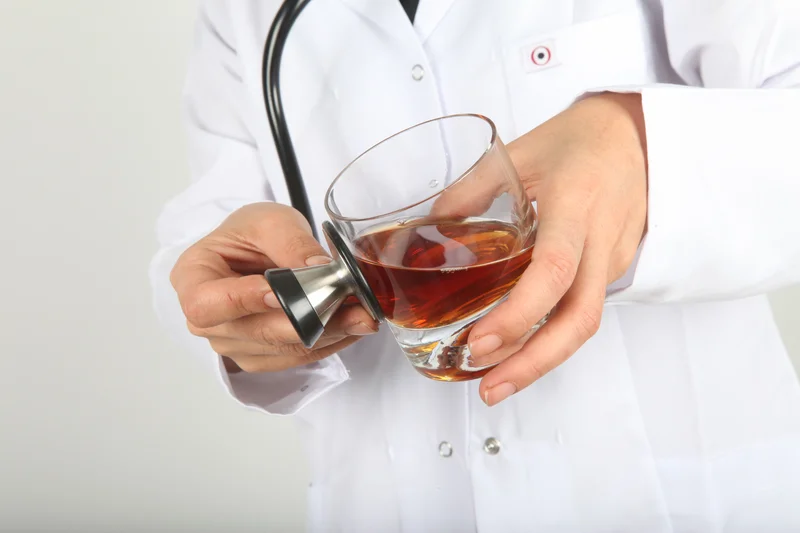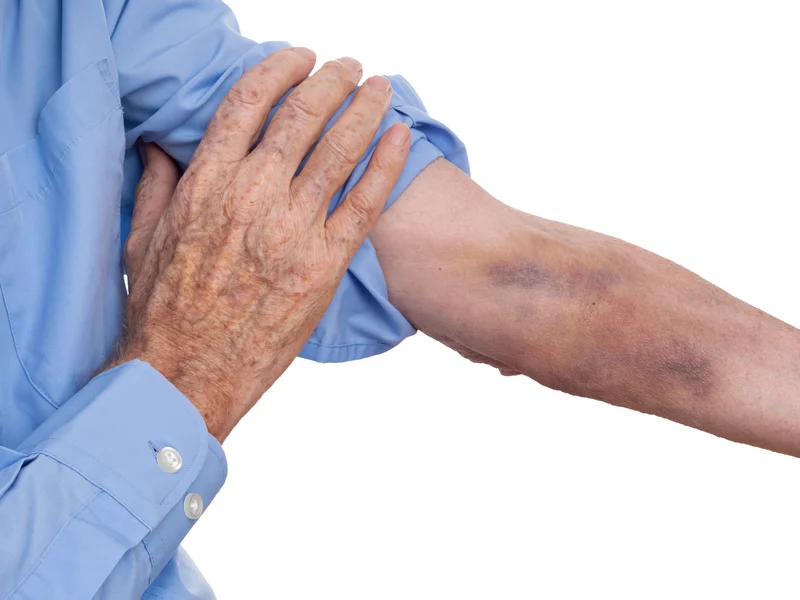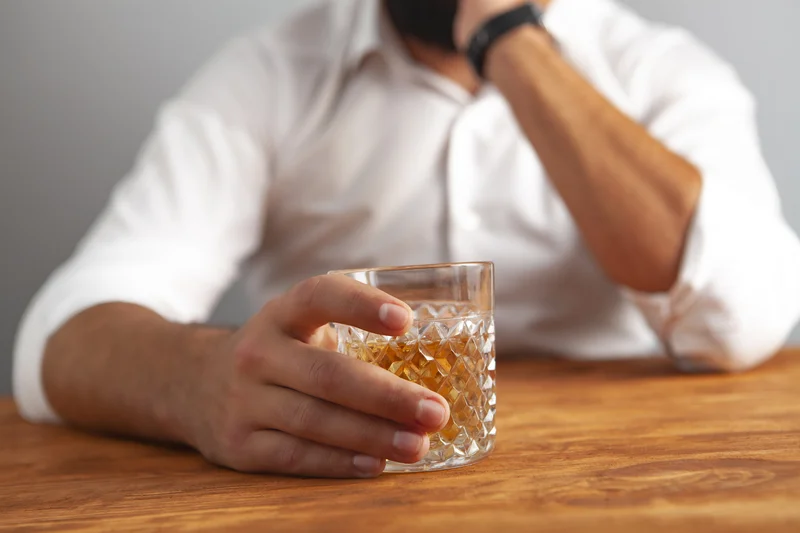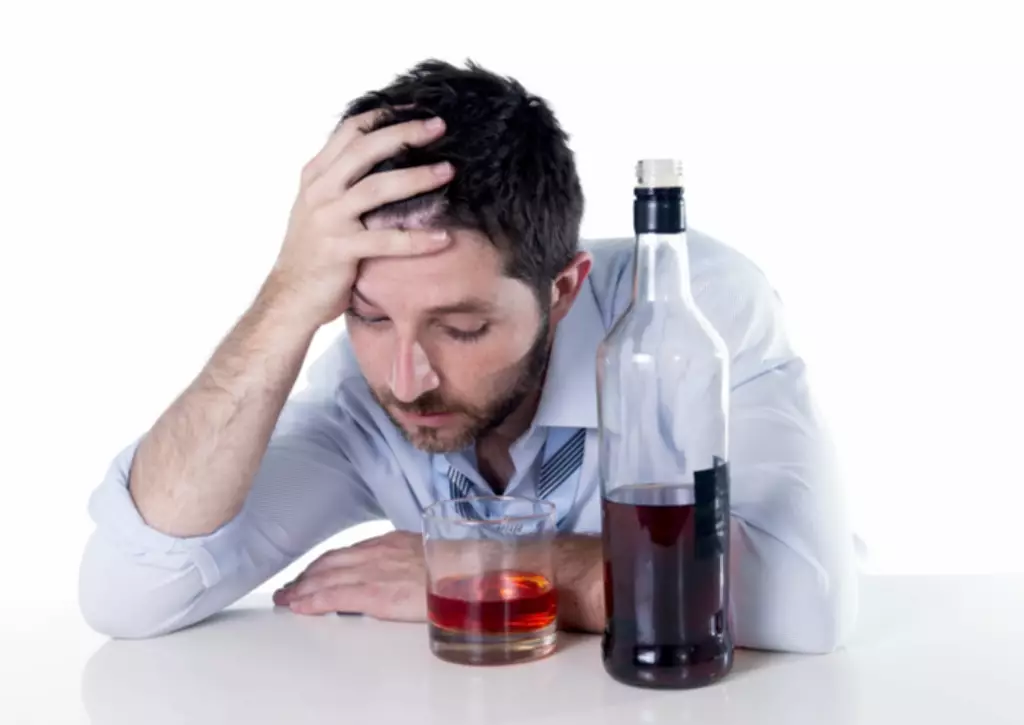What Is Binge Drinking? Risks, Side Effects, and How to Get Help

Many people also use drinking to cope with difficult periods in their life, such as the death of a loved one or the end of a romantic relationship. However, alcohol is a depressant, so it will ultimately make you feel even worse. Alcohol use can strain relationships, with one of the most common consequences of binge drinking being relationship conflict, as increased intoxication reduces judgment capabilities. This pattern results in arguments from actions and conversations that would most likely not happen while sober, leading to a cycle of emotional distress and potentially increased alcohol use to “feel better”. Public health officials have designated binge drinking behavior as a very serious problem.
- To keep that limit in mind, consider writing it down, setting a reminder on your phone, or telling a friend about your intentions.
- Read about the effects of binge drinking, alcohol withdrawal symptoms and more.
- These problems include hangovers, injuries, overdoses, alcohol use disorder, heart and liver disease, and cancer.
- Talk to a healthcare provider when you are considering quitting if you have a long history of heavy drinking or alcohol use disorder.
General Health
Binge drinking is typically defined as consuming a large amount of alcohol in a short period—generally five or more drinks for men, and four or more for women within a couple of hours. This pattern of excessive alcohol consumption marijuana addiction overwhelms the body’s ability to process the alcohol safely, leading to immediate side effects, as well as long-term health risks. While some might view it as a “fun night out,” the effects of binge drinking can accumulate and lead to serious health consequences.

Setting Healthy Boundaries in Relationships

Women for Sobriety – Organization dedicated to helping women overcome addictions. Al-Anon and Alateen – Support groups for friends and families of problem drinkers. Their volatile behavior and emotions might even have an effect on your relationship. Maybe your loved one has a tendency to say insensitive things while intoxicated, or perhaps they routinely drink and drive.

Alcohol and Cialis: Risks, Side Effects & Treatment
- Additionally, anyone who feels they are not able to gain control of their drinking might consider the Substance Abuse and Mental Health Services Administration National Helpline.
- And a more recent 2021 study showed that binge drinkers are more likely to also abuse other substances, such as the misuse of prescription drugs.
- Binge drinking is a pattern of drinking alcohol that makes you drunk in a short amount of time, bringing your blood alcohol concentration (BAC) to 0.08% or higher.
- This causes oxidative stress (an imbalance between helpful antioxidants and harmful free radicals that can lead to disease), marked by excess toxins in the body.
While the idea of talking to someone about your binge drinking may be scary and even embarrassing, it’s an important step to take. If you want to drink less but not abstain binge drinking effects completely, there are some obvious things you can do. In my own life, I have moderated my drinking by limiting myself to at most two nights per week and at most two drinks per night. I still get to enjoy my coveted Cabernet once in a while, but having some loose rules for myself has made it easier to reduce my intake. The ASCO was alarmed by surveys that found only one in three Americans knew about the finding decades after medical literature had documented a link between, for example, alcohol use and breast cancer. And with its report, the group aimed to increase awareness among the public that alcohol is a carcinogen and advocate for specific policy strategies to try to reduce excessive alcohol use.

A stay at a residential treatment center allows individuals to fully immerse themselves in their recovery process, free from the distractions and triggers of daily life. By focusing entirely on healing, residents are better equipped to develop the tools needed for lasting sobriety. A holistic treatment plan may include traditional therapy methods such as cognitive-behavioral therapy (CBT), but also alternative therapies like meditation, yoga, and nutritional counseling.
- No matter how you choose to support your loved one’s efforts to stop binge drinking, remember you’re not their therapist.
- More research needs to be done on people, but the effects of long-term heavy alcohol use are already well-known.
- “These numbers can vary based on the person’s metabolism, size, and weight,” he says.
- People often use binge drinking as a way to self-medicate symptoms of depression, anxiety, and stress.
